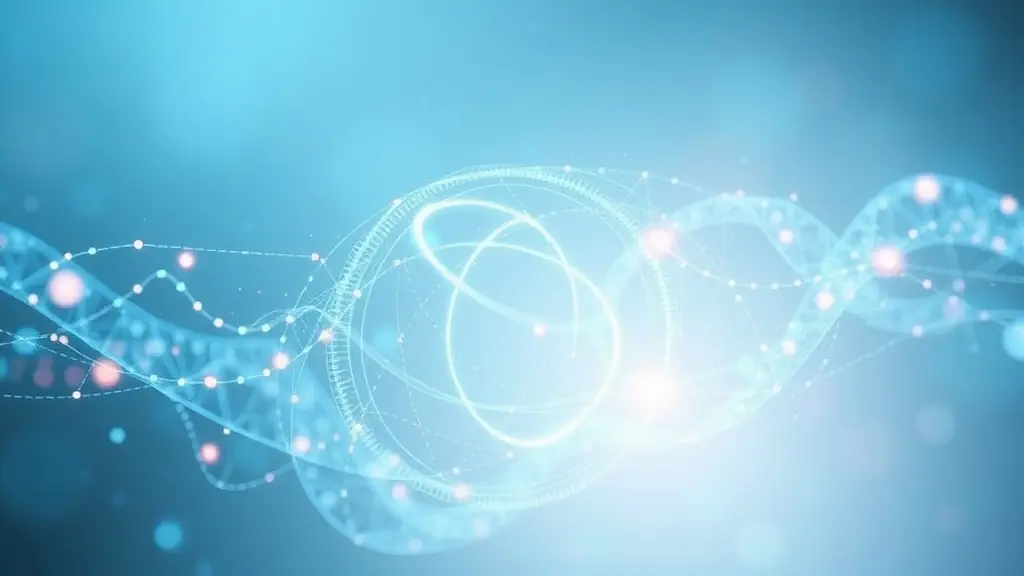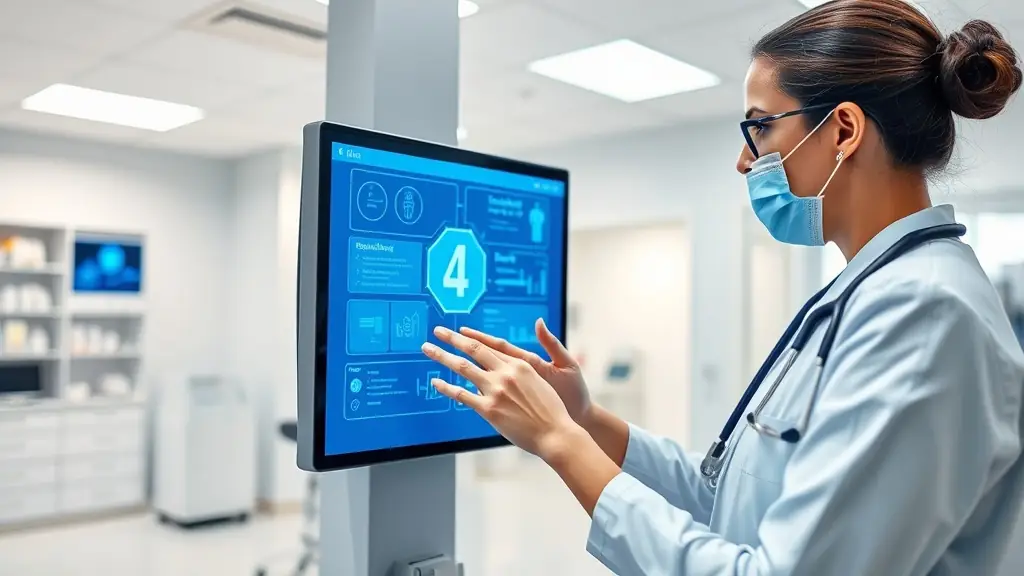Artificial Intelligence (AI) is rapidly changing the landscape of healthcare, particularly in diagnostics. With the ability to analyze vast amounts of data quickly, AI systems can identify patterns that may be missed by human eyes. This not only speeds up the diagnostic process but also enhances accuracy, leading to better patient outcomes. As hospitals and healthcare providers adopt these technologies, the potential for improved healthcare delivery becomes increasingly evident.
One of the most significant advantages of AI in diagnostics is its ability to learn from new data continuously. Machine learning algorithms can be trained on historical patient data, allowing them to refine their predictions over time. This adaptability means that AI systems can provide increasingly accurate diagnoses as they are exposed to more cases. Furthermore, the integration of AI into existing healthcare systems can streamline workflows, reducing the burden on healthcare professionals and allowing them to focus on patient care.
As we look to the future, the collaboration between AI technologies and healthcare providers will be crucial. By leveraging AI’s capabilities, healthcare professionals can make more informed decisions, ultimately leading to a more efficient and effective healthcare system. The journey towards AI-powered diagnostics is just beginning, and its impact on the healthcare industry will be profound.




